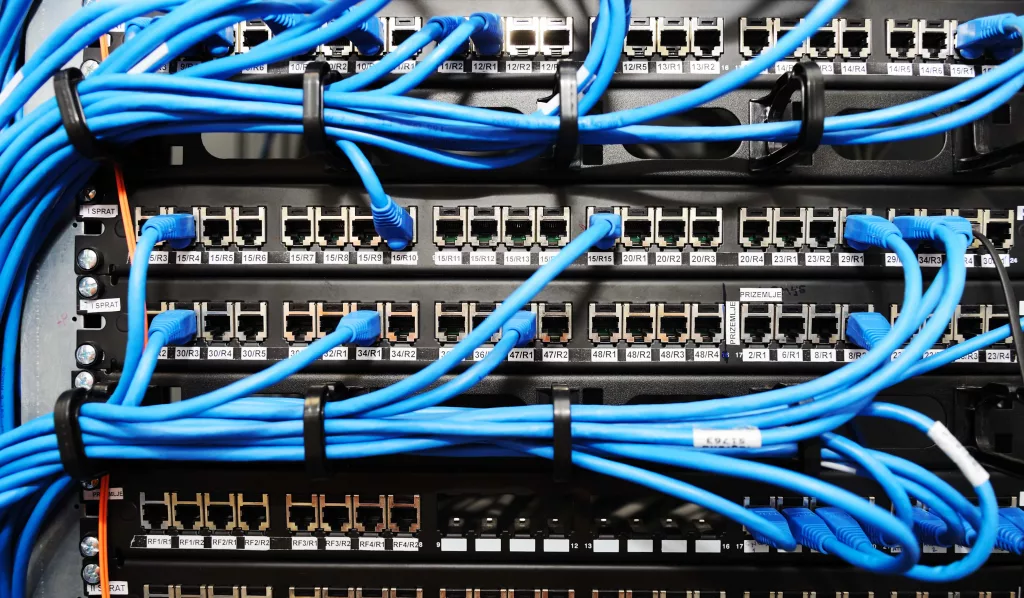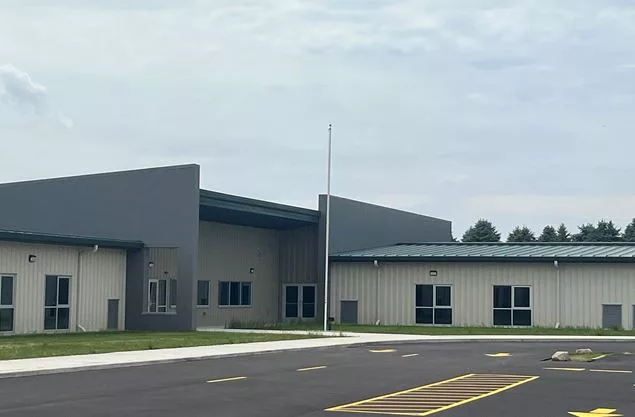Anybody who has ever found themselves working feverishly on a deadline can directly relate to the stupid little spinning clock hand or the more ancient hour-glass slowly losing sand on their computer screen and how maddening that can be. Multiply that frustration dramatically for businesses trying to dispatch lengthy documents or manufacturers working to send detailed blueprints, high resolution photos or other information critical to day to day business. Those are just some of the people State Representative Beth Griffin hopes to find solutions for by introducing legislation to promote investment in broadband equipment to help advance Internet speeds.
Griffin’s new bill, House Bill 4141, is designed to promote investment in broadband equipment, which could result in more high-speed internet service to under-served and rural areas of Michigan.
Griffin, of Mattawan, serves as Vice Chair of the House Communications and Technology Committee, and says her legislation would provide incentives for businesses to invest in equipment necessary to make high-speed internet more readily available. Griffin said the legislation will prompt investors to upgrade their equipment and expand services to areas that currently cannot receive high-speed Internet.
Griffin bemoans the fact that, “There are areas of Michigan where high-speed Internet is not available, and this bill provides incentives for Internet providers to expand their service and equipment to areas that are under-served.” She adds, “Many of those under-served areas are rural and farming communities. Providing high-speed service to those areas will not only help families at home, but will attract the job creators we need to invest in local economies.”
The measure has been referred to the Committee on Tax Policy at the State House or Representatives in Lansing.
Broadband service means Internet access service capable of transmitting data at a rate of at least 50 megabits per second of download speed and 5 megabits per second of upload speed.
The bill addressed qualified businesses who are telecommunications carriers, commercial mobile service carriers, and capable or open video systems operators or video service providers.






